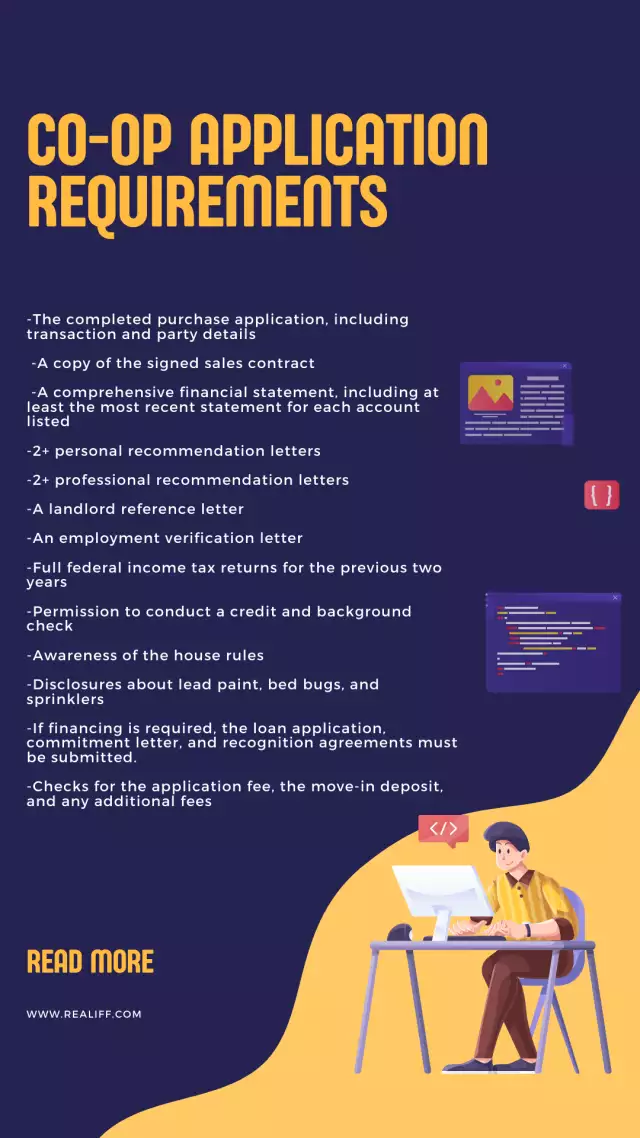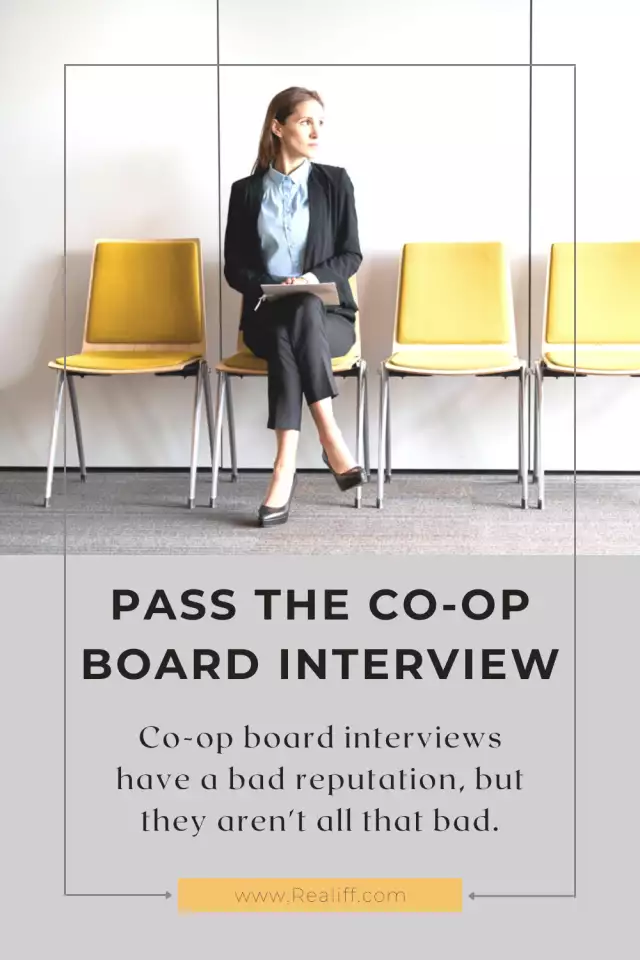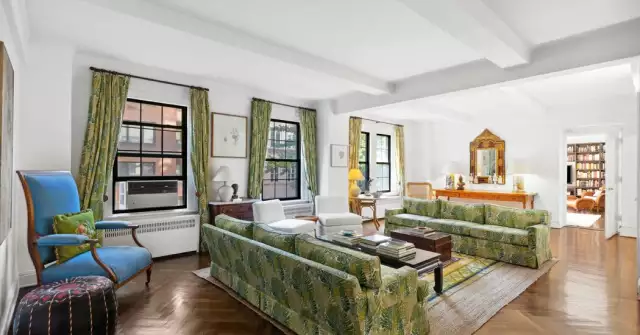Why are most co-op buyers turned down?
When a board rejects an applicant, they are not required to (and usually do not) provide any reason. The seller receives no explanation. While we don't have data to back this up, our experience has taught us that the majority of rejections are due to financial constraints.
For example, suppose a 30% DTIis required, but a buyer with a 32% DTI makes a very strong offer. The seller may take a chance and hope for approval. Or perhaps the buyer's DTI is less than 30% on average but varies year to year. That might be too risky for the board.
Boards also want to see personal and professional reference letters. If something in a letter irritates the board, they may be hesitant to accept the application. An agent once told us that she had a buyer rejected, and the only thing she could point to was a personal reference letter in which the buyer mentioned that he enjoyed cooking a particularly pungent type of cuisine.
Sometimes the board will reject an applicant because they are receiving an unfair advantage. If the seller doesn't care about money (and there are a few of them in NYC!) and just wants to get the process over with, they may offer the apartment to a friend or neighbor for a low price. Because this has an impact on the building's comps, the board will frequently reject "below market value" transactions.








